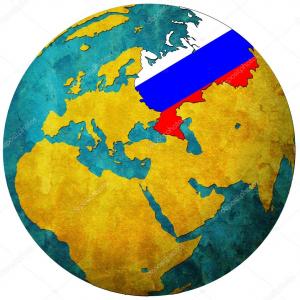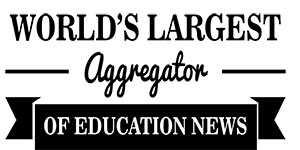The upper house of the Russian national parliament – the Federation Council – is drawing up a package of measures to restrict external pressure and foreign influence on Russian students and universities, according to statements by members of the council.
As part of these plans, domestic universities wishing to bring in foreign educational programmes will have to confer with the Russian Ministry of Education and Science and the Federal Security Service before doing so.
Most leading state universities collaborate with foreign universities on a range of activities, from study periods abroad to the provision of dual diplomas. For instance, under the existing US-Russia University Partnership Program, the courses of some leading United States universities are taught at Russian universities.
An agreement signed between Moscow State Institute of International Relations and the University of Georgia, for example, involves development of joint educational, applied and research activities and the teaching of University of Georgia programmes to students in Russia.
Andrei Klimov, head of the Federation Council’s Commission for the Protection of State Sovereignty and Prevention of Interference in Russia’s Internal Affairs, which is drawing up the measures for restricting foreign influence on universities, told University World News that the body had already started its work and had already received numerous proposals, some of which are contradictory.
Klimov said that before submitting final decisions the committee would hold discussions with experts and would agree a final list of proposals in late January or early February this year.
“We will approve only those foreign programmes at domestic universities that are coordinated with the national government and correspond to domestic legislation.
“It's not about restricting rights and freedoms, but about limiting and eliminating all the external influence on our domestic policy, including the brainwashing of young people,” he said.
Klimov said currently even some major state universities in Russia invite some “harmful” foreign specialists and professors from abroad to hold seminars and teach courses to their students.
Sensitivity over external influences is not new. In 2015 Lobachevsky State University of Nizhny Novgorod dismissed its deputy president for innovation, Kendrick White, a US citizen, for removing portraits of Russian scientists and putting up portraits of an American biologist.
The move to bring in new restrictions reflects concern among politicians that foreign states are seeking to stir up opposition, or even promote a “colour” revolution, similar to those that have occurred in some Soviet states, Kommersant, the Russian business paper, reported.
The new state proposals have received support from some leading members of the Russian scientific and university communities.
Vice-President of the Russian Union of Rectors and President of the Lobachevsky State University of Nizhny Novgorod Roman Strongin told University World News that there is a real threat of negative propaganda being used to influence domestic students on foreign educational programmes and this needs to be tackled.
Strongin said: “The initiative of the Council of the Russian Federation, which is aimed at protecting Russian students from propaganda under the guise of foreign educational programmes, is justified.
“The question is whether this or that educational programme will be a real academic course or whether it is a deliberately propagandistic ‘story’.”
He said the existence of such programmes is “extremely undesirable and must be combated”.
“In Russia, there are standards of education. And all foreign programmes must correspond to them. I understand that propaganda and agitation which does not correspond to Russia's interests is possible in the form of foreign programmes.”
The same position is shared by Nikita Danyuk, deputy director of the Institute for Strategic Studies and Predictions of the Peoples' Friendship University of Russia, who on 28 December told Izvestia, that while the state is practically not represented in the space where young people exist, the majority of Russian students are either generally apolitical and live in an information vacuum, or receive information about the country and the world through the latest means of communication, such as social networks and Telegram channels.
Since 1993, Russian scientists, including those working in universities and research centres, have been forced to submit to the intelligence services all their research, scientific papers and articles for approval before publishing in domestic or international journals.
At the same time, two years ago President Vladimir Putin went even further and changed the law on state secrets, expanding it to all areas of science and research related to new products and discoveries.

Source link: http://www.universityworldnews.com/article.php?story=20180109100046276 | depositphotos.com
Fatal error: Uncaught mysqli_sql_exception: Invalid utf8mb3 character string: '9\x82\xCB2\xEB\xE6\x9F\xB7\xBC\xC8L\xE1\x84' in /var/www/html/public_html/class/classTMSDb.php:502 Stack trace: #0 /var/www/html/public_html/class/classTMSDb.php(502): mysqli->query() #1 /var/www/html/public_html/class/classTMSDb.php(522): TMSDatabase->execute() #2 /var/www/html/public_html/news/news.php(117): TMSDatabase->fetch() #3 {main} thrown in /var/www/html/public_html/class/classTMSDb.php on line 502




